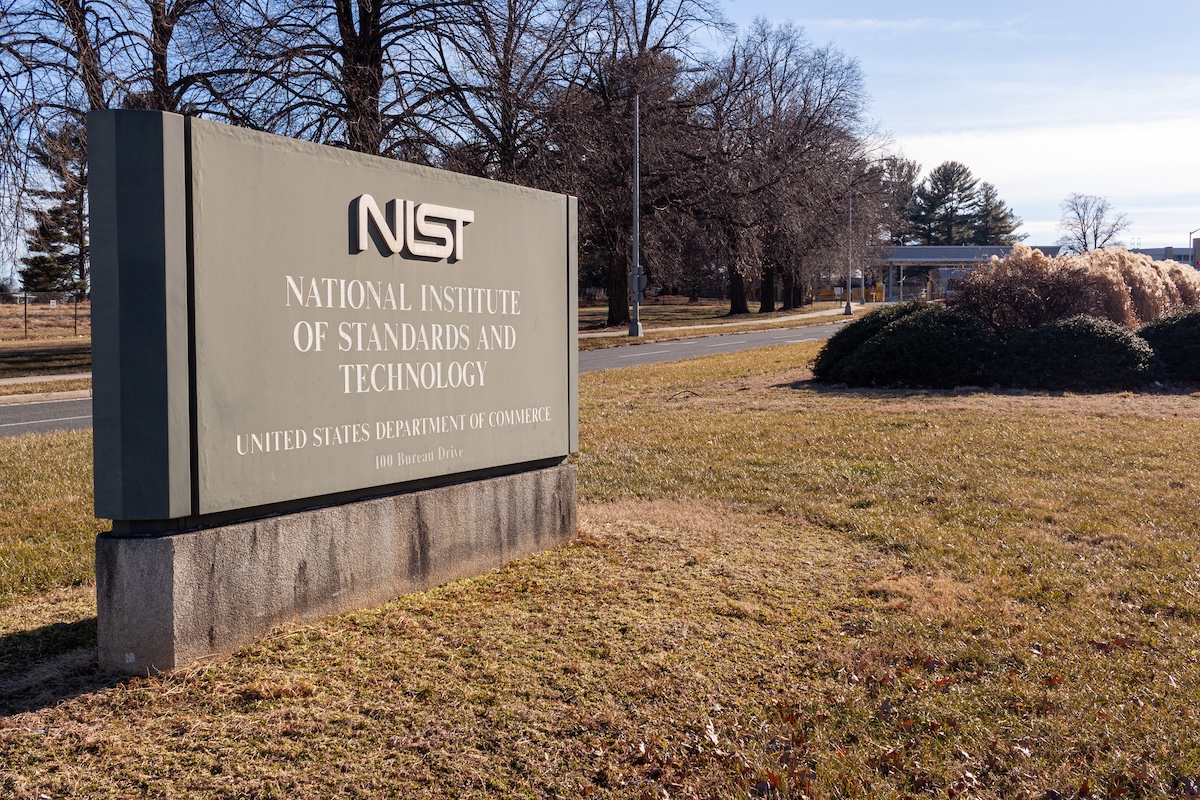
With commercialization timelines ranging anywhere from five years to 30 years away, quantum computing remains a high-risk, high-reward sector that tests the patience of investors.
That uncertainty breeds controversies like the one with Quantum Computing Inc. (QUBT). The New Jersey-based startup is facing a class-action lawsuit with at least 10 law firms digging into its business practices.
Accusations have ranged from overstating progress on a planned quantum foundry in Arizona to a NASA contract last year that allegedly was just a $26,000 generic programming job.
But months after critics claimed the Arizona project wasn’t real, QCI held a ribbon-cutting ceremony, suggesting at least part of its roadmap is materializing.
New contract, fresh skepticism
On Tuesday, QCI announced a contract with the National Institute of Standards and Technology (NIST), part of the U.S. Department of Commerce, for the design and fabrication of thin-film lithium niobate (TFLN) photonic integrated circuits.
The company also said it received a chip order from a Fortune 500 science and technology firm serving defense, intelligence, and commercial markets, although it didn’t name the customer.
In its announcement, QCI called the NIST deal its first direct government contract for foundry services and a “key step” toward becoming a trusted U.S.-based supplier of advanced photonic technologies.
“We are excited to support the NIST mission with our state-of-the-art TFLN capabilities,” said Dr. Pouya Dianat, chief revenue officer. “We’re also encouraged to see commercial leaders in national security and technology infrastructure begin to adopt our chips.”
"Just another PR stunt"?
Not everyone is impressed. In a recent post on X, Anathema Research revealed the NIST contract is worth only $69,500 and criticized QCI for omitting the figure from its press release.
“Similar to the NASA contract, they conveniently left out the face value (it was $27,000 last time),” Anathema wrote. “There’s a leap this time, but not much. Just another PR stunt.”
The skepticism extends beyond QCI to the entire quantum sector, where investors are split over whether these companies represent groundbreaking opportunities or overpriced hype.
On the bulls’ side, Jaguar Analytics pointed to massive gains in quantum stocks over the past year, mocking short-sellers. “Imagine stupidly trying to short one of the greatest bull markets staring right at you this entire time,” the analyst wrote.
But Deep Sail Capital pushed back, saying, “Quantum still seems way overvalued — retail-driven hype by people who don’t understand the tech will eventually get burned.”
With QCI stock up 2,633% in a year, both arguments may have some truth. For now, the debate over whether QCI has real momentum or is just running on PR spin is far from settled.
Your email address will not be published. Required fields are markedmarked